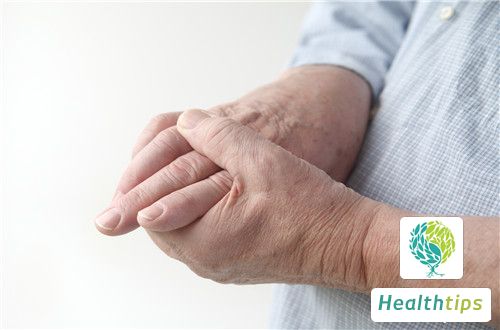How to Regulate Qi and Blood Deficiency for Women?
Female deficiency of Qi and blood is a common condition that can have a negative impact on overall health. Therefore, it is important to take measures to improve this condition. Regular practice of yoga or tai chi, which are gentle forms of exercise, can help to alleviate the symptoms of Qi and blood deficiency. Additionally, incorporating certain foods into the diet can also assist in improving Qi and blood levels. Foods such as crucian carp and tofu soup, as well as beef, pork, and chicken, are all beneficial for women with Qi and blood deficiency.

So, how can women with Qi and blood deficiency manage their condition? Let's take a closer look. Firstly, Qi and blood deficiency can manifest as symptoms such as chills, spontaneous sweating, dizziness, tinnitus, fatigue, palpitations, shortness of breath, and delayed development. Blood deficiency may manifest as a dull and yellow complexion, dry skin, brittle hair, cracked nails, blurred vision, numbness in the hands and feet, insomnia, forgetfulness, palpitations, and mental confusion. These symptoms can lead to a lack of energy, shortness of breath, pale complexion, dizziness, pale lips and nails, palpitations, insomnia, reduced menstrual flow, delayed menstruation, or amenorrhea, as well as a weak pulse.
Women with Qi and blood deficiency can manage their condition through traditional Chinese medicine, dietary adjustments, and techniques such as moxibustion and cupping. Secondly, regarding daily care, promoting the flow of Qi and blood through the body's meridians is crucial. Regularly performing head, face, and foot massages can help to unblock the meridians and promote blood circulation. Additionally, persistent moxibustion on key acupuncture points such as Guanyuan, Qihai, Zusanli, and Sanyinjiao can positively impact the regulation of Qi and blood and delay aging.
Moreover, exercise plays a vital role in nourishing Qi and blood. Practices such as yoga and tai chi are excellent choices for women with Qi and blood deficiency. Traditional Chinese medicine also cautions against overusing one's eyes, especially for those who spend long hours working on computers. It is essential to take breaks and rest the eyes to prevent excessive strain that can deplete the body's Qi and blood.
Lastly, dietary adjustments are an essential part of managing Qi and blood deficiency. Foods such as black-boned chicken cooked with Angelica and Rehmannia, beef stew with Chinese yam, fish with chrysanthemum, crucian carp and tofu soup, double-reinforcing Qi and blood soup, medicinal chickens, beef, chicken, pork, crucian carp, carp, quails, yellow eel, shrimp, and mushrooms are all excellent choices for women seeking to improve their Qi and blood levels.



















